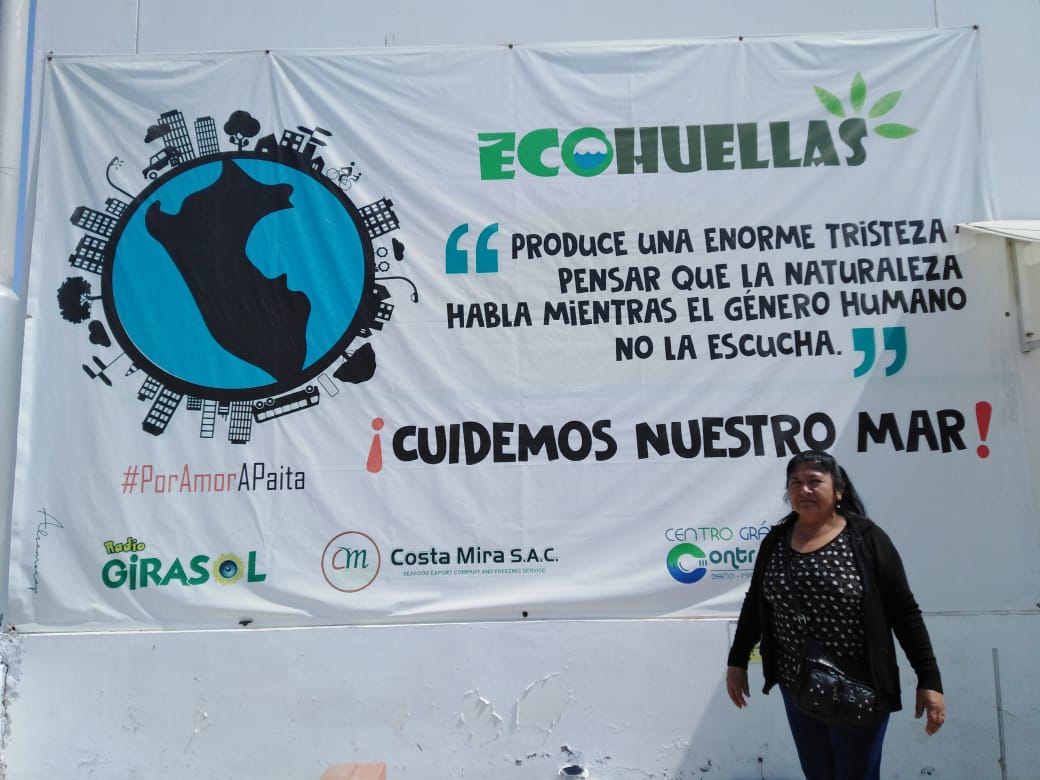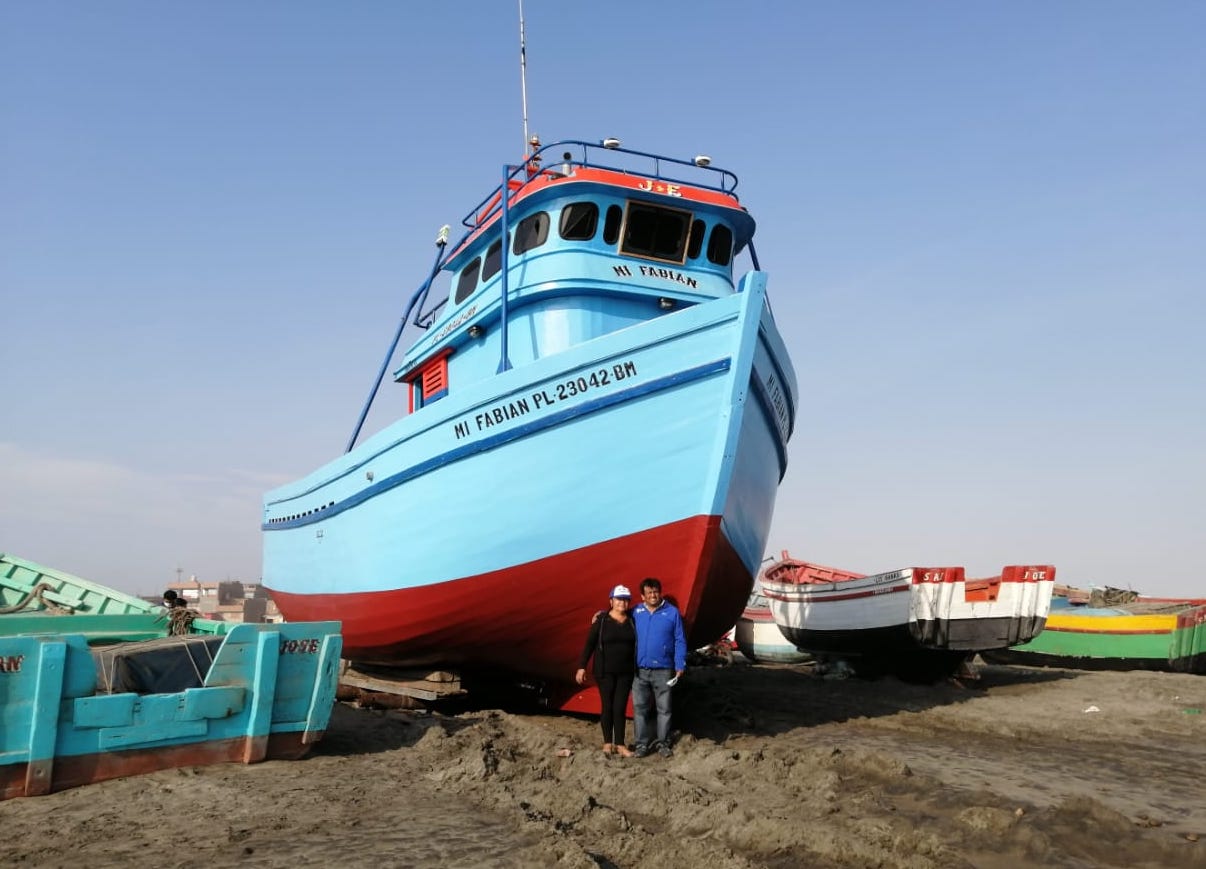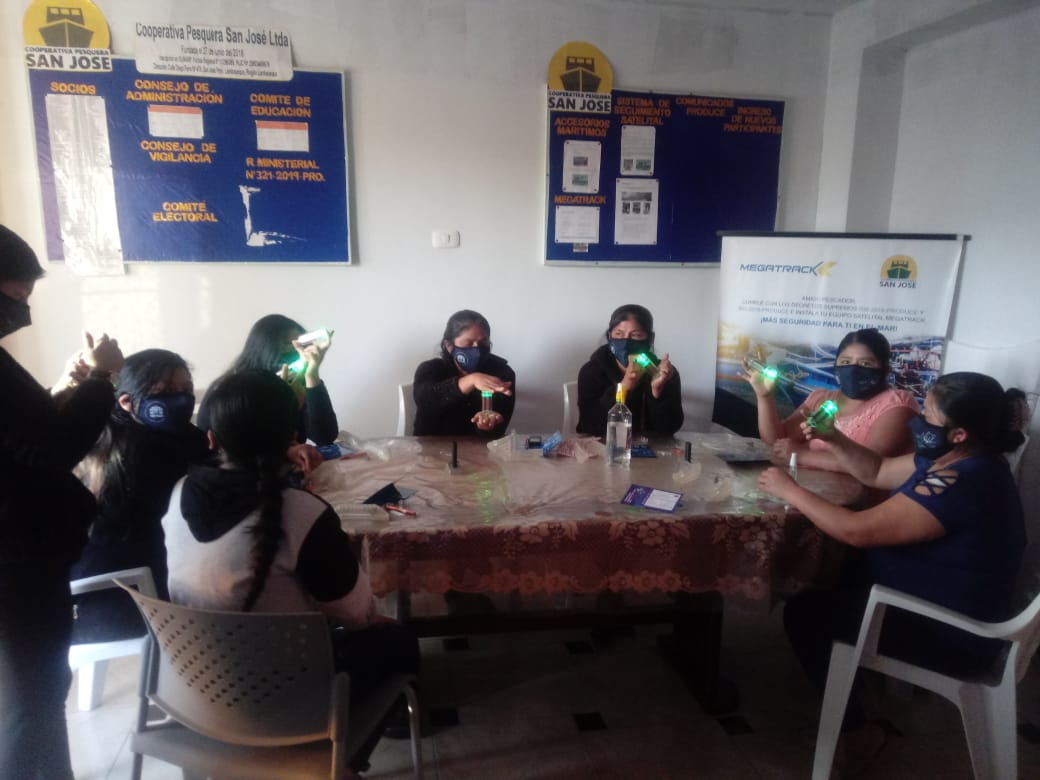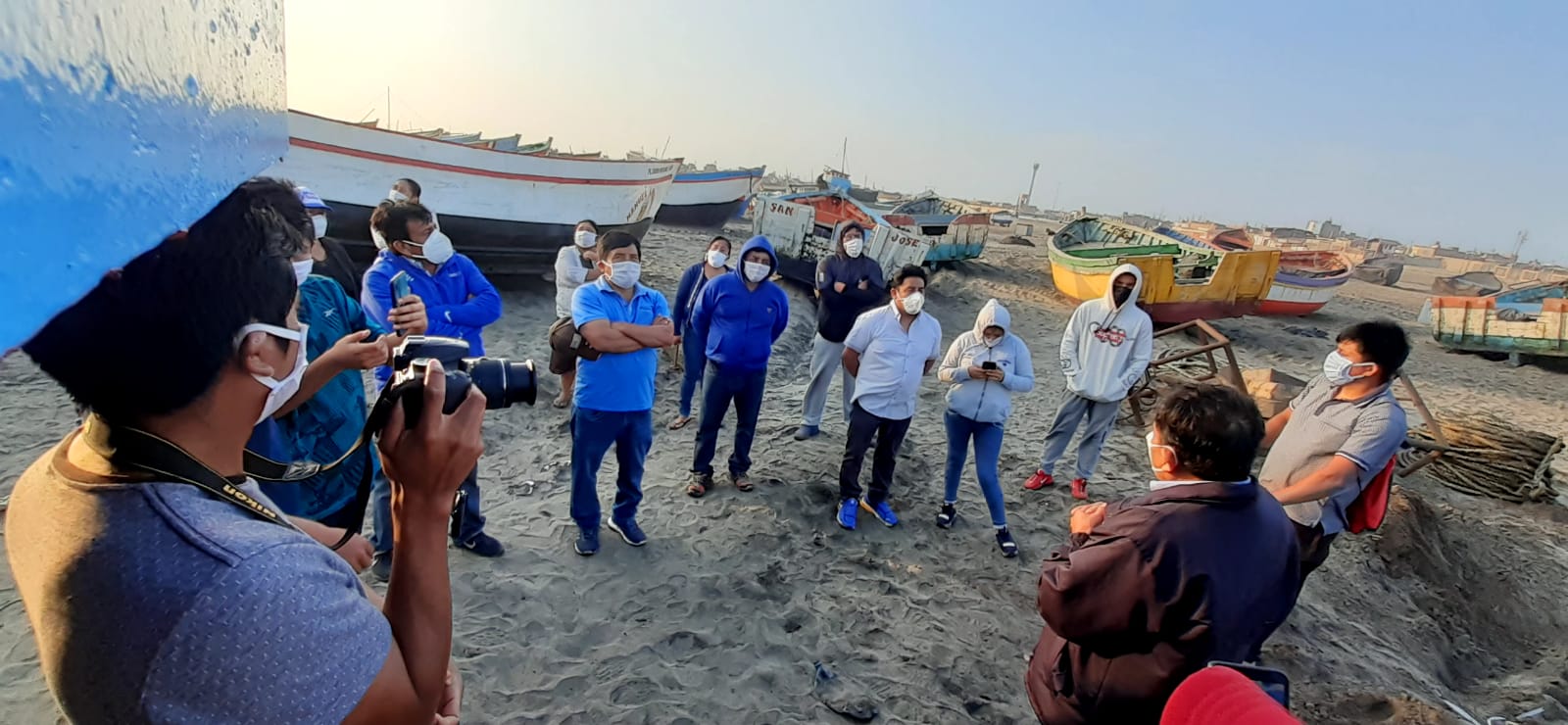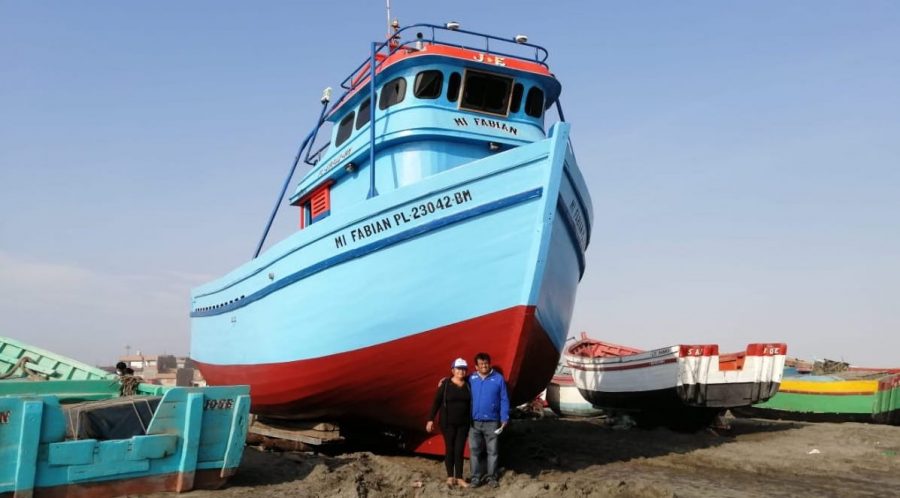How do you see the future role of women in fishing?
Back in the days, the women of our community did not really work in the fishery, but today we are more interested in supporting the work of our husbands. This is important because a fisher cannot spend a lot of time on land learning new things and therefore needs us women. From the coast, we monitor the fishing boats and perform administrative tasks. While the fishermen are out on the ocean, we can learn new skills and share our gained knowledge with our husbands.
Due to the positive experience we had with previous projects we developed with WWF, we would like to learn more about new technologies that can support the fishery. For example, we would like to have other ways to store the catches; using ice does not always work well. I also would like to learn more about the rights and benefits fishermen have.
There are a lot of women in the community who would like to participate in projects benefiting our husbands and our families, as well as the ocean and marine species. We now know that technology can help us in different ways and we want to learn more — it is how we can go forward as a coastal community.
